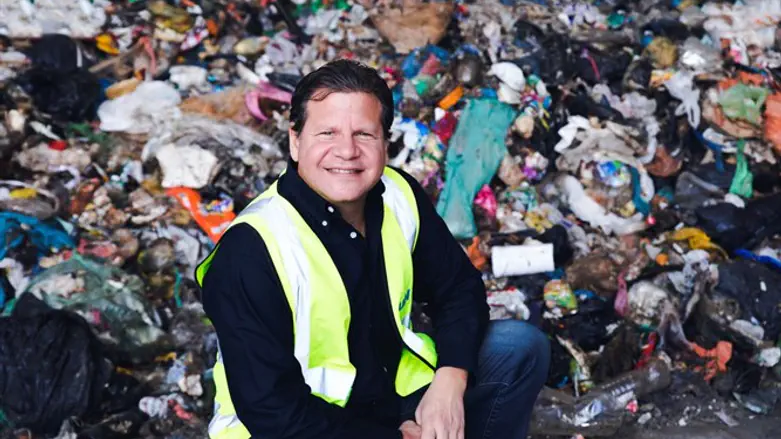
Global plastic resin prices have jumped 10% in February to a cumulative 40% increase in the last ten months. The significant cost of the raw material is expected to impact a wide range of consumer goods, from textiles, disposable containers, furniture, and home appliances.
The exceptional spike in resin prices is the result of multiple factors. Foremost, the rising price of oil, the basic component of most plastics, a volatile variable strongly linked to political tensions in the Persian Gulf. This is paired with rising demand for plastic products, global recovery from the COVID-19, and extreme weather affecting production and supply.
Israeli cleantech startup, UBQ Materials, has developed a groundbreaking technology converting residual waste into a plastic substitute for the manufacturing industry. Beyond the environmental proposition of diverting landfill-waste into a new raw material, the independence from oil enables the company to offer long term price stability that is completely unique to the market.
According to Tato Bigio, Co-Founder and CEO of UBQ Materials, reliance on oil, a volatile and perishable material that is impacted by political conflicts, is extremely problematic to the world economy. UBQ™ is converted entirely from unsorted household waste, leftover food, dirty diapers, mixed plastic packaging, all materials that would have otherwise been dumped in municipal landfills. To transform the waste into a climate positive plastic substitute, UBQ’s patented conversion process breaks down all of the organic matter into its basic particle building blocks, reassembles and bonds it into a new matrix with the mixed plastic, creating an altogether new material that has thermoplastic properties and can be dropped in, as is, to standard manufacturing processes.
In recent months, the startup UBQ Materials has signed agreements with a number of leading global companies including Daimler Mercedes Benz, McDonalds, Mainetti, all substituting conventional plastics with UBQ™ to help divert waste and offset their carbon footprint. As the oil markets continue to show instability on a global scale and consumer demand for sustainable products rise, UBQ Materials is continuing to gain traction as a rare material solution that is both climate positive and competitively priced.
Today, UBQ Materials manufactures out of Kibbutz Tze’elim, in the South of Israel and will soon expand to meet demand with a large scale facility in the Netherlands.
Credit: Liya Geldman
